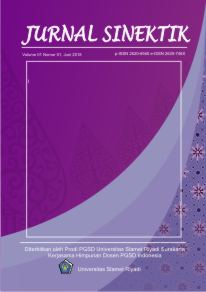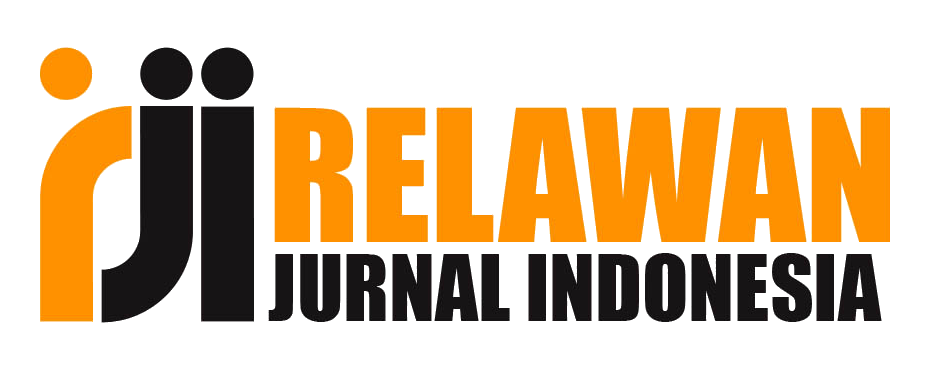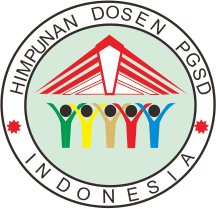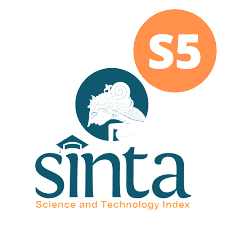PEMBENTUKAN AKHLAK SISWA SD IT MUHAMMADIYAH WIROSARI DIMASA PANDEMI 2020
DOI:
https://doi.org/10.33061/js.v5i1.6813Keywords:
pandemic, morality, educationAbstract
The purpose of this study was to identify and describe the strategy of moral formation of SDIT Muhammadiyah Wirosari students during the 2020 pandemic. The study used a field research method with a descriptive qualitative approach. While the subjects of this study consisted of the principal, waka curriculum, waka student, Islamic education teachers and classroom teachers. Data was collected by means of observation, interviews, and documentation. The results of this study are: 1) the limited interaction between teachers and students becomes a separate obstacle for educators and schools, 2) the lack of supervision from people results in student activities being less well supervised, 3) poor service because there are still some students who are not have adequate facilities.
References
Abu Bakar Jabir Al Jazairy, Minhajul Muslim, Pedoman Hidup Harian Seorang Muslim, Jakarta: Ummul Qura, 2014.
Guba dan Lincoln, Handbooks of Qualitative Research, Londong: Sage Publication, 1994, hlm. 123.
Moh. Uzar Usman, Profesioanalisme Guru, Jakarta: Rineka Cipta.2004
Nana Sudjana. 1991. Pembinaan dan Pengembangan Kurikulum di Sekolah, Bandung: Sinar Baru hal. 2
Syaepul Manan: Pembinaan Akhlak Mulia Melalui Keteladanan dan Pembiasaan, Jurnal Pendidikan Agama Islam. Vol.15, No.1, 2017
S.Mulyadi. 2020. Covid-19 dan Revolusi Pendidikan (online), (https://www.beritasatu.com/opini/6761/covid19-dan-revolusi pendidikan) diakses pada tanggal 20 Maret 2021
Downloads
Published
How to Cite
Issue
Section
License
Copyright (c) 2022 Jurnal Sinektik

This work is licensed under a Creative Commons Attribution-NonCommercial 4.0 International License.
Authors who publish this journal agree to the following terms:
- Authors retain copyright and grant the journal right of first publication with the work simultaneously licensed under a Creative Commons Attribution License that allows others to share the work with an acknowledgement of the work's authorship and initial publication in this journal.
- Authors can separately make additional contractual arrangements for non-exclusive distribution published by the journal (e.g., publish it in a book), with an acknowledgement of its initial publication in this journal.
- Authors are allowed and encouraged to send their work via online (e.g., in the institutional repositories or their website) after published by the journal.














